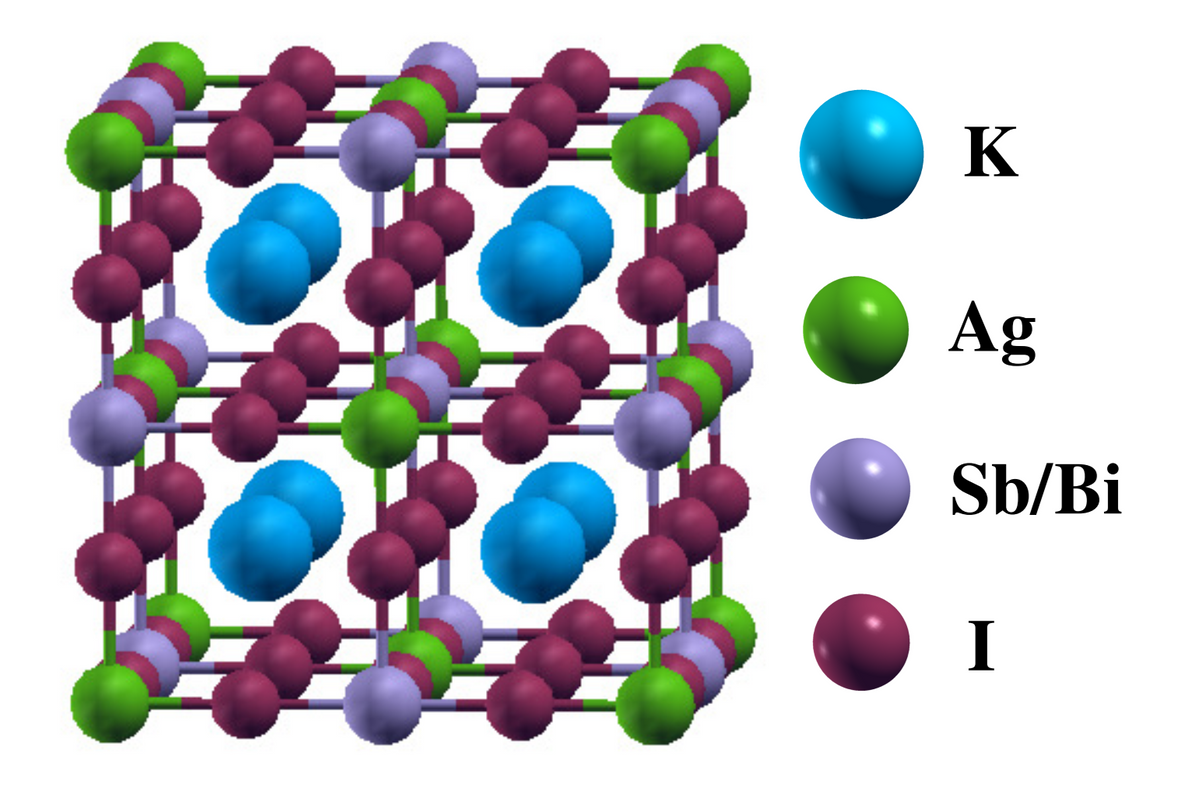
Year: 2024 - 2025
Developing Efficient Lead-Free Double Perovskites: A First-Principle Path to Eco-Friendly Innovation
Bangladesh is currently navigating a challenging energy landscape marked by an increasing reliance on imported liquefied natural gas (LNG) and rapidly depleting domestic gas reserves. With natural gas reserves expected to run dry within the next decade, the country faces frequent power outages, load shedding, and rising costs due to global energy price volatility, further aggravated by the Russia-Ukraine conflict. Renewable energy sources, such as solar and wind, account for a mere 2-3% of the country’s energy mix, underscoring the urgency of exploring alternative solutions to meet growing industrial and residential energy demands.
In response to these challenges, this research focuses on lead-free double perovskites as a promising material for developing efficient and eco-friendly energy technologies. These nontoxic materials have the potential to address the energy efficiency bottlenecks currently limiting renewable energy solutions. By examining the structural and electronic modifications of these double perovskites, the study aims to enhance their performance in energy applications. Through density functional theory (DFT) simulations, we will investigate how to optimize these materials, providing insights that could lead to more sustainable and reliable energy technologies.
This research contributes to the broader goal of reducing Bangladesh’s dependency on imported fuels, while offering a sustainable path to energy diversification, helping the country meet its energy demands in an environmentally friendly and cost-effective manner.

